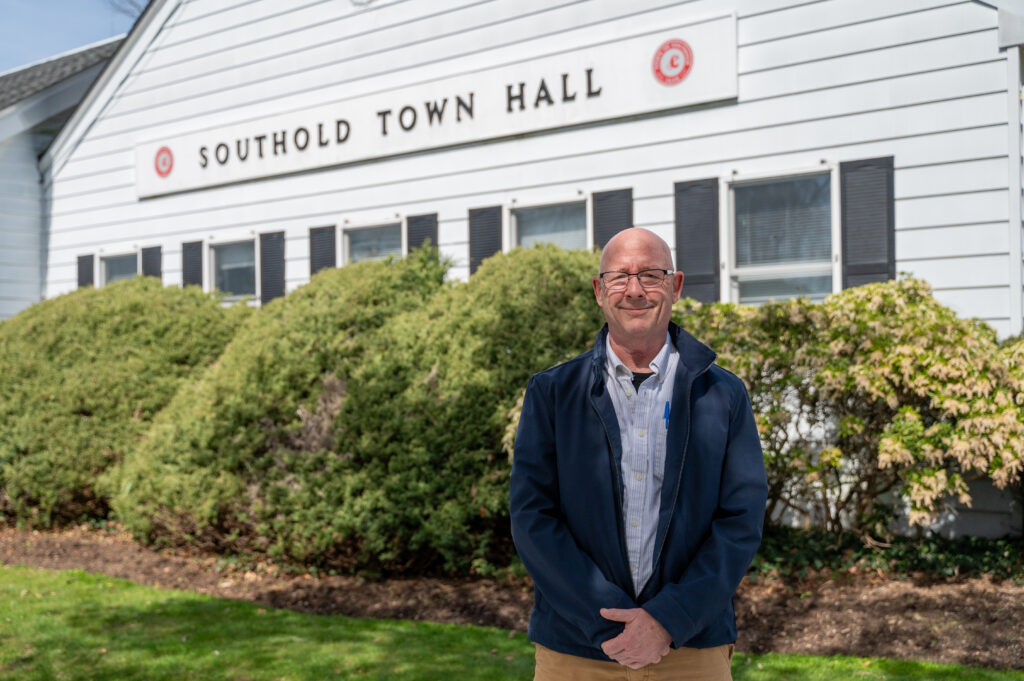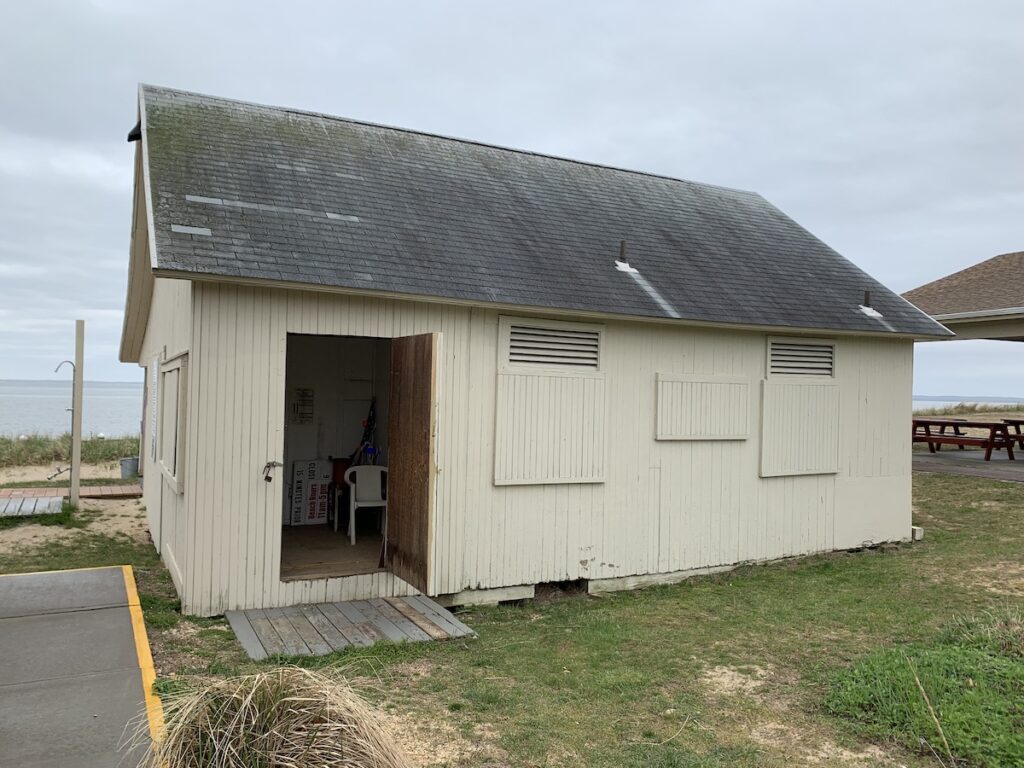Editorial: ‘What do we want?’

That question was posed Saturday night by a woman sitting with a friend at a classical music concert at McCall Vineyard in Cutchogue. Despite the serene setting, the sentiment she was expressing was clearly a lament, perhaps sparked by the news earlier that day of yet another murderous shooting spree, this time at the hands of a hate-filled white supremacist in Jacksonville, Fla.
As of Aug. 27, there have been 476 documented mass shootings in the U.S. this year, according to the Gun Violence Archive, a not-for-profit, non-partisan online data base that endeavors to track the unrelenting carnage in real time. The organization defines a mass shooting as any gun-violence incident involving at least four victims, excluding the shooter. By that calculation, the Jacksonville massacre won’t even be included in the group’s official tally for 2023, as “only” three innocent victims were gunned down that afternoon. That’s a deeply depressing reflection of the scope of the gun-violence crisis engulfing this country.
So what can be done?
Earlier this month, dozens of area high school students volunteered to act as “victims” in a mass-shooter response training exercise at Mattituck High School. Scores of police officers, volunteer firefighters and EMTs from across Suffolk County participated, establishing color-coded triage stations to aid the wounded, coordinating ambulances to transport victims to hospitals and drilling down on tactics to locate and “neutralize” the pretend perpetrator. This was just one of hundreds of such exercises that have taken place across the country in recent years, and the second in two years here on the North Fork.
Confronted by the epidemic of gun violence that has erupted across the country in recent decades, there is no question that law enforcement and other emergency response officials have a duty and an obligation to prepare for such “unthinkable” events, and we laud their efforts to do so here in our community.
But what we must never accept is the underlying and patently absurd notion that these shootings are somehow inevitable, a question of “when, not if,” or merely “a matter of time.”
Hurricanes, droughts and wildfires are indeed inevitable, but when it comes to pervasive gun violence, mass shootings, intrinsic racism and deep-rooted mistrust of one another, it becomes a much more urgent question: Why?
Why can’t we agree upon and enact “common sense” gun ownership regulations? Why can’t we improve mental health awareness and treatment? Why can’t we educate our children — and ourselves — to respect one another, and to stop treating those we disagree with or who come from different backgrounds as “enemies”? Why can’t we start promoting non-threatening civil discourse in schools, public spaces and the halls of government?
Why? Because we choose not to — and until we change our current course, the carnage will, inevitably, continue.
What do we want?








